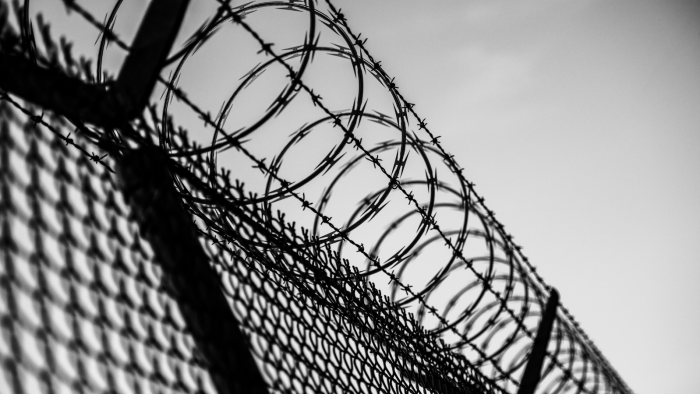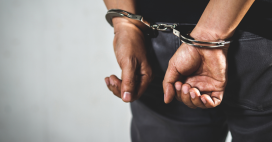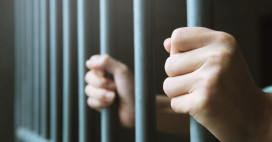
Michael was detained in August 2009 in Jamioulx prison, Belgium, where he had previously spent a total period of seven months in its psychiatric wing.
Following a review of his detention, the Deputy Director decided to implement special security measures for a week, including placing Michael in an individual cell. Those measures were adopted as a result of Michael’s nervous, agitated state and because he was demanding his release.
When three guards went to his cell to communicate the security measures, Michael became very agitated. The guards decided to place him in an isolation cell. One of them seized Michael by the scruff of his neck and another one grabbed his shoulder in order to force him out of the cell.
They were unable to maintain their grip on the back of Michael’s neck and decided to resort to a different stranglehold technique, which involved an “armlock” around the detainee’s neck, while forcing him down to the ground. When Michael was face-down on the floor, he was immobilised in an armlock by one guard, who was also leaning with his full weight on the upper part of Michael’s back. Michael had allegedly then complained that he could not get any air and was suffocating. A second guard blocked Michael’s arms and a third one sat on top of him.
Reinforcements were called in, and several more officers arrived on the spot to help with keeping Michael under control. Michael was handcuffed, and shackles were placed on his ankles. When carrying him towards the isolation cell, his head was hanging down. The officers noticed that he had urinated on himself.
On arrival at the door of the isolation cell, the officers placed Michael face down on the floor owing to the narrowness of the door and dragged him inside. Once they were inside the isolation cell, they turned him over and noted that his face had turned blue.
The emergency services were called but were not informed of the gravity of the situation. In the meantime, the prison’s doctor and nurse tried to resuscitate Michael, who was not breathing anymore and had no pulse, without success. Michael died a few minutes later.
An inquiry was immediately instigated ex officio by the prison board. The three guards who had blocked Michael were tried before the Charleroi Criminal Court on charges of grievous bodily harm having led to unintentional death. The three guards were subsequently acquitted.
Michael’s parents brought the case before the European Court of Human Rights considering that the use of force by the prison officers to restrain their son had been neither necessary nor strictly proportionate to his conduct.
The Court found that the use of force by the guards had not been “absolutely necessary” and found a violation of Michael’s right to life (art. 2 of the European Convention). His parents were granted compensation.


